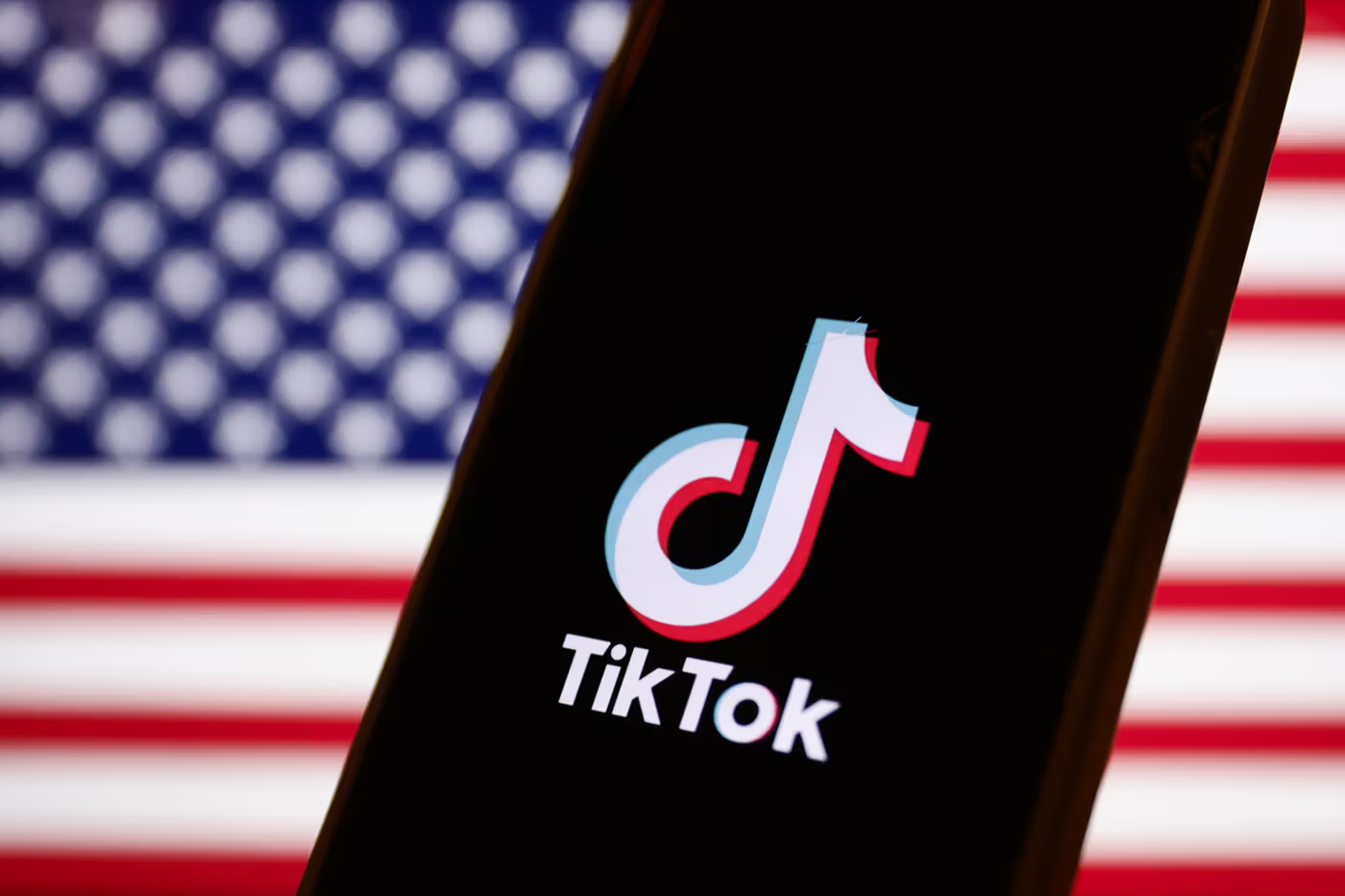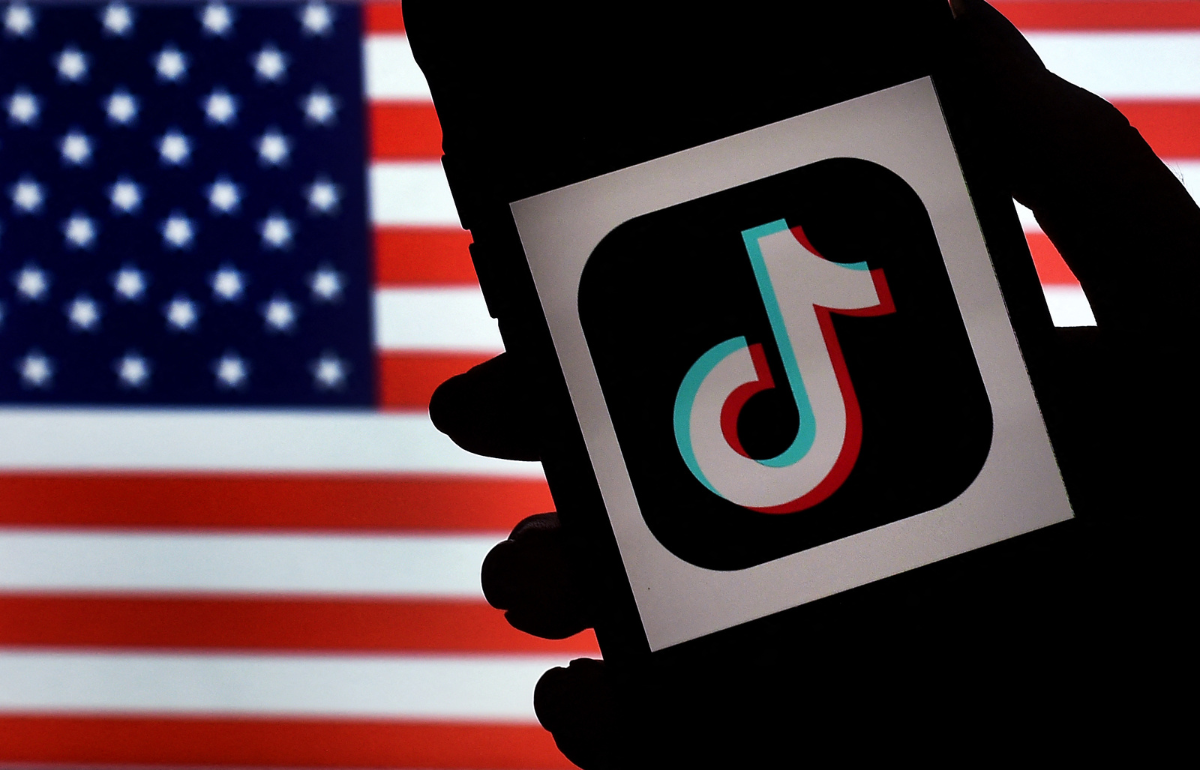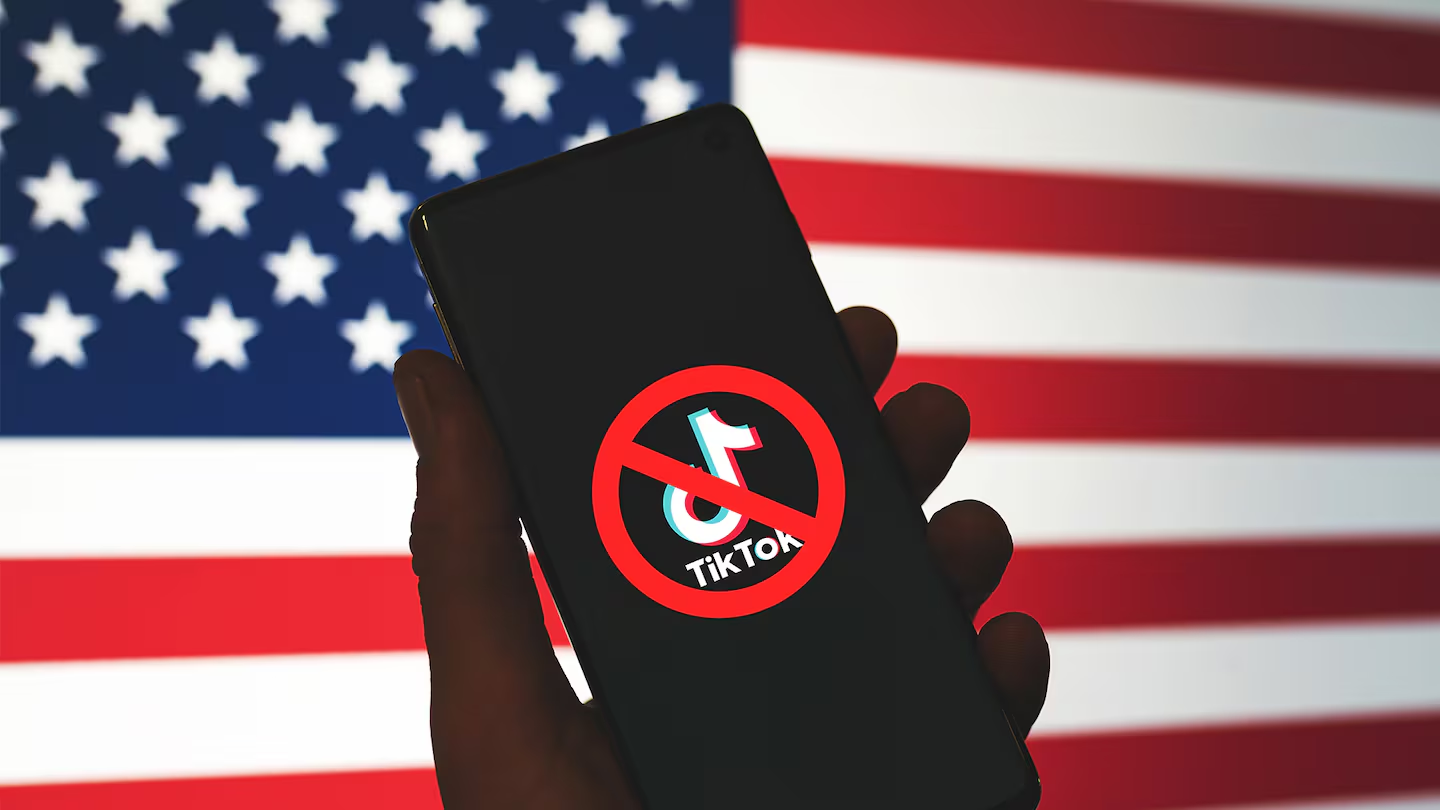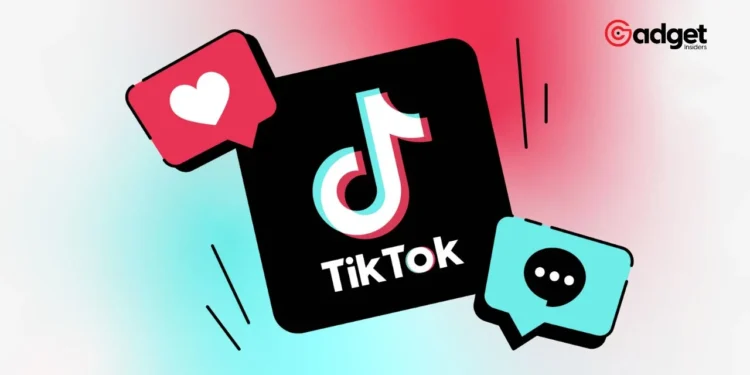In a move that underscores the growing tensions between technology and governance, TikTok has initiated a legal battle against the U.S. government. This lawsuit emerges in response to a groundbreaking law that mandates the sale of the app by its Chinese parent company, ByteDance, or faces a potential ban across the United States.
At the heart of this controversy is a fierce debate over national security concerns juxtaposed against constitutional rights, particularly the First Amendment.

Unpacking TikTok’s Constitutional Challenge
TikTok’s legal challenge, filed this Tuesday, is not just a defense of its business operations but a robust argument for the protection of free speech. According to TikTok, this law singularly targets one platform with a draconian measure that could lead to its shutdown by January 19, 2025.
The company’s filing stated, “For the first time in history, Congress has enacted a law that subjects a single, named speech platform to a permanent, nationwide ban,” highlighting the unprecedented nature of this legislative action.
With over a billion users globally and 170 million monthly users in the U.S., TikTok has become a significant medium for a range of expressions, from light-hearted dance videos to serious political discourse.

The Complex Dynamics of a Forced Sale
The stipulations of the new U.S. law demand TikTok to secure a non-Chinese buyer within a year—an extension is possible at President Biden’s discretion—to mitigate national security risks posed by its Chinese affiliations.
However, TikTok argues that such a divestiture within the law’s 270-day timeline is impractical, citing geopolitical complexities including Beijing’s refusal to permit the sale of crucial operational technologies in the U.S.

“TikTok Takes a Stand: The Battle Over Free Speech and National Security Heats Up
Economic and Social Ramifications
The implications of a potential TikTok ban extend beyond the legal and political arenas into the realm of the U.S. economy and the social fabric of its society. TikTok is not merely an entertainment platform but a significant economic engine for numerous American small businesses and content creators who rely on it for their livelihood.
The company’s defense strongly points out the potential economic harm and disruption to the digital ecosystem that a ban could precipitate, affecting countless users who have woven TikTok into their daily lives and livelihoods.
What Lies Ahead in this Legal Confrontation
As TikTok prepares for what may be a protracted legal struggle, all eyes are on the impending judicial proceedings that are expected to escalate to the Supreme Court.
This case presents a crucial test of the boundaries of government control over technology and the interpretation of constitutional rights in the age of digital communication.
The Intersection of Politics and Public Reaction in an Election Year
As this legal saga unfolds, it coincides with an election year, adding layers of complexity and public scrutiny to the proceedings. The current administration, led by President Biden, faces a delicate balancing act.
On one hand, there are pressing national security concerns about TikTok’s ties to China, deemed by some as a conduit for potential espionage and influence. On the other hand, there is a robust public backlash to consider, particularly from a younger demographic that utilizes TikTok not just as a platform for expression but as a community and a marketplace.
TikTok Files Lawsuit Challenging Ban In The U.S.https://t.co/OFnXZvyK5h pic.twitter.com/s5Pynaxjwv
— Forbes (@Forbes) May 7, 2024
The Global Implications and the Future of Internet Freedom
The outcome of TikTok’s lawsuit against the U.S. government could set a precedent for how other nations approach the regulation of technology companies, especially those with foreign ties.
This case is more than a legal dispute; it is a litmus test for the future of internet freedom and the global management of digital platforms. Countries around the world are watching closely, as they may consider similar measures depending on the outcome of this high-profile case.
A Landmark Case with Far-Reaching Consequences
As TikTok and the U.S. government brace for a battle that may reach the Supreme Court, the stakes are incredibly high. Not only are the immediate business interests of TikTok and its millions of users at play, but also the fundamental principles of free expression and the role of government in regulating technology.
This legal confrontation is not merely about a social media app but the very essence of how modern societies balance technological advances with ethical governance and constitutional rights.
Whatever the outcome, the ramifications of this case will reverberate through the halls of Washington, the boardrooms of tech companies, and the global community, reshaping the landscape of digital communication and governance for years to come.










